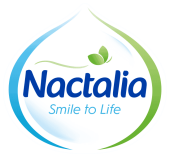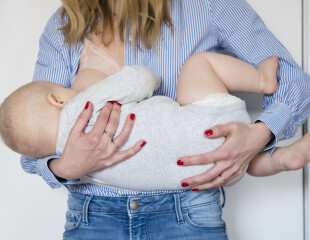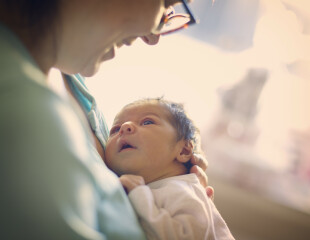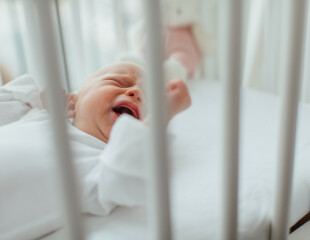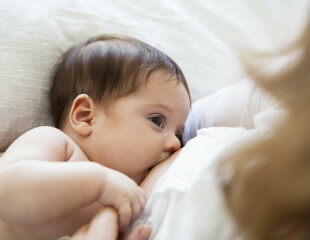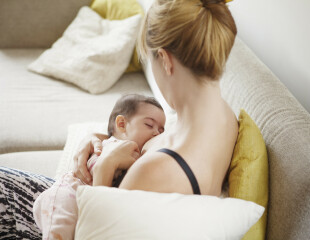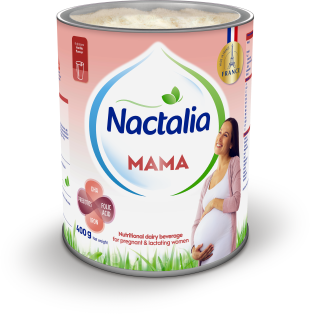
My breastfeeding – Common minor digestive problems in baby
Even if breastfeeding provides babies with all the benefits they require, there are nonetheless certain minor problems that can occur as a result. Gas, writhing and twisting, hiccoughs… Sometimes digestion turns out to be a bit more complicated than planned. Does a selection of tips to help ease digestion and other bits of preventive advice sound appealing? Follow the guide!
Intestinal gas: how to prevent it?
Gas emission is completely normal, but can sometimes be exaggerated and painful due to poor positioning of your baby on the breast. By not taking the breast correctly, they end up swallowing more air than milk.

EXPERT OPINION: how should I position baby correctly on the breast?
- Their body is aligned, their mouth in the same axis as your nipple and their head slightly bent backwards.
- Their mouth is wide open.
- The nipple is placed right at the back of their mouth.
- To help, support your breast from underneath with your fingers positioned far from the nipple area.
If you experience pain as a result of baby taking the breast incorrectly, gently place your little finger in the corner of their mouth to remove the breast. Then reposition it correctly.
Why is your baby writhing and twisting?
This twisting is often linked to an ejection reflex that is too powerful: too much milk comes in one go and your baby struggles to keep up. Swallowing becomes tricky and baby tries to let you know in their own way!
“ Parent’s question: Twisting, regurgitation, colic; does my diet have a positive or negative effect on baby’s digestion? ”
If you are not required to follow a special diet to breastfeed baby, you need to continue to eat a healthy, balanced and varied diet. Remember that you also need to drink a lot of fluids.
Avoid drinking too much caffeine and give alcohol and cigarettes a really wide berth!
Seek the advice of your doctor if you notice any alarming change in baby’s behaviour: difficult feeds, more frequent waking at night, weight loss…
Hiccoughs: a common problem?
Whilst babies who are breastfed burp less than bottle-fed babies, hiccoughs are quite common. They often occur a few moments after a vigorous, plentiful
feed. Rest assured, just like our hiccoughs, they are not painful.
EXPERT OPINION: what should I do if my baby has hiccoughs?
Put your baby back on the breast for a few moments and the hiccoughs should soon disappear. The sucking/swallowing actions should be enough to restore calm.
Si votre bébé prend correctement du poids, dort, joue et babille comme à son habitude, ces petits troubles ne doivent pas vous inquiéter. Au moindre doute, consultez votre médecin ou une conseillère en lactation qui vous indiquera la marche à suivre.
EXPERT OPINION: how to reduce excessive ejection reflex?
- Empty your breast of a little milk before starting the feed.
- Breastfeed whilst lying on your back.
- Use the ends of the breast at the beginning of the feed: to be used in moderation as this can cause a reduction in lactation and make sucking less efficient in the long term.
- Feed baby twice successively from the same breast.
